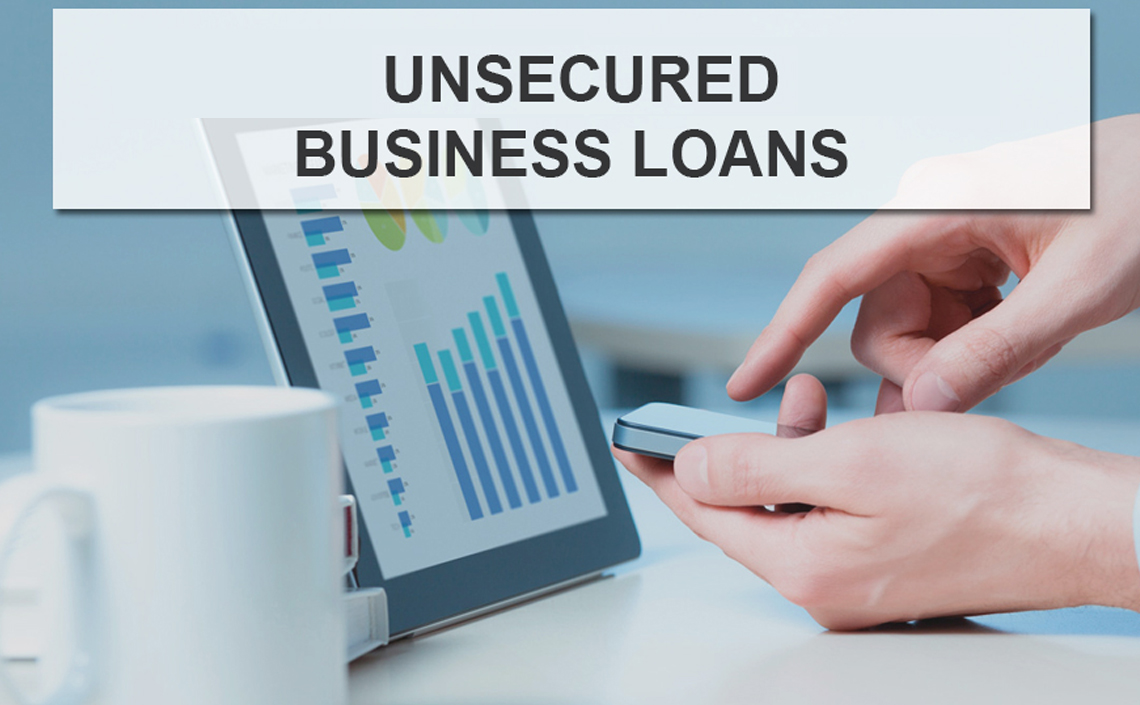Secured credit loans are a popular financial tool for borrowers who have valuable assets and are looking to access credit. These loans, which require collateral such as a home, car, or other significant asset, can offer several advantages over unsecured loans. In this guide, we’ll explore the key benefits of secured credit loans and why they might be the right choice for your financial needs.
What is a Secured Credit Loan?
A secured credit loan is a type of loan that is backed by collateral. The collateral serves as security for the lender, reducing their risk. If the borrower defaults on the loan, the lender has the right to seize the collateral to recover their losses. Common types of secured loans include mortgages, auto loans, and home equity loans.
Key Benefits of Secured Credit Loans
1. Lower Interest Rates
One of the most significant advantages of secured credit loans is that they typically come with lower interest rates compared to unsecured loans. The presence of collateral reduces the lender’s risk, allowing them to offer more competitive rates. This can lead to substantial savings over the life of the loan.
2. Higher Borrowing Limits
Secured loans often allow for higher borrowing limits than unsecured loans. This is because the collateral provides security to the lender, making them more willing to lend larger amounts. This can be particularly beneficial for significant expenses such as home renovations, purchasing a vehicle, or consolidating high-interest debts.
3. Longer Repayment Terms
Lenders are generally more flexible with repayment terms for secured loans. Borrowers can often negotiate longer repayment periods, which can lower monthly payments and make the loan more manageable. This flexibility can help improve cash flow and reduce financial stress.
4. Easier Approval Process
The collateral provided in a secured loan reduces the lender’s risk, making it easier for borrowers with less-than-perfect credit scores to get approved. If you have a stable income and valuable assets, you may find it easier to qualify for a secured loan than an unsecured one.
5. Potential to Improve Credit Score
Taking out a secured loan and making timely payments can help improve your credit score. This is because consistent, on-time payments demonstrate financial responsibility and can positively impact your credit history. Improved credit scores can open up further borrowing opportunities in the future.
6. Versatility in Use
Secured loans can be used for a variety of purposes, depending on the type of loan. For instance:
- Home Equity Loans: Can be used for home improvements, debt consolidation, education expenses, or major purchases.
- Auto Loans: Specifically for purchasing a vehicle.
- Secured Personal Loans: Can be used for any purpose, including consolidating high-interest debts, covering emergency expenses, or funding large projects.
Common Types of Secured Credit Loans
1. Mortgage Loans
Mortgage loans are used to purchase real estate and are secured by the property being purchased. They typically come with long repayment terms and lower interest rates.
2. Auto Loans
Auto loans are used to purchase vehicles and are secured by the car being bought. These loans often have lower interest rates compared to unsecured personal loans.
3. Home Equity Loans and Lines of Credit (HELOCs)
Home equity loans and HELOCs allow homeowners to borrow against the equity in their homes. These loans can be used for various purposes, such as home improvements or consolidating debt.
4. Secured Personal Loans
These loans can be secured by various types of collateral, such as savings accounts, certificates of deposit (CDs), or other valuable assets. They offer flexibility in use and can be easier to obtain for those with lower credit scores.
Considerations Before Taking a Secured Credit Loan
While secured credit loans offer numerous benefits, it’s essential to consider potential risks and ensure they align with your financial goals:
- Risk of Losing Collateral: If you default on the loan, the lender can seize your collateral. Ensure you can comfortably meet the repayment terms before committing.
- Impact on Credit: While timely payments can improve your credit score, missed payments can harm it and lead to the loss of your collateral.
- Loan Costs: Consider all associated costs, including interest rates, fees, and any potential penalties for early repayment.
Conclusion
Secured credit loans can be a valuable financial tool, offering lower interest rates, higher borrowing limits, and greater flexibility compared to unsecured loans. By leveraging valuable assets as collateral, borrowers can access favorable loan terms and potentially improve their credit scores. However, it’s crucial to understand the risks involved and ensure that a secured loan aligns with your financial situation and goals. Always compare offers from multiple lenders and read the terms carefully before making a decision.
Feel free to customize this guide further to better match your audience or add any additional insights you find relevant!



